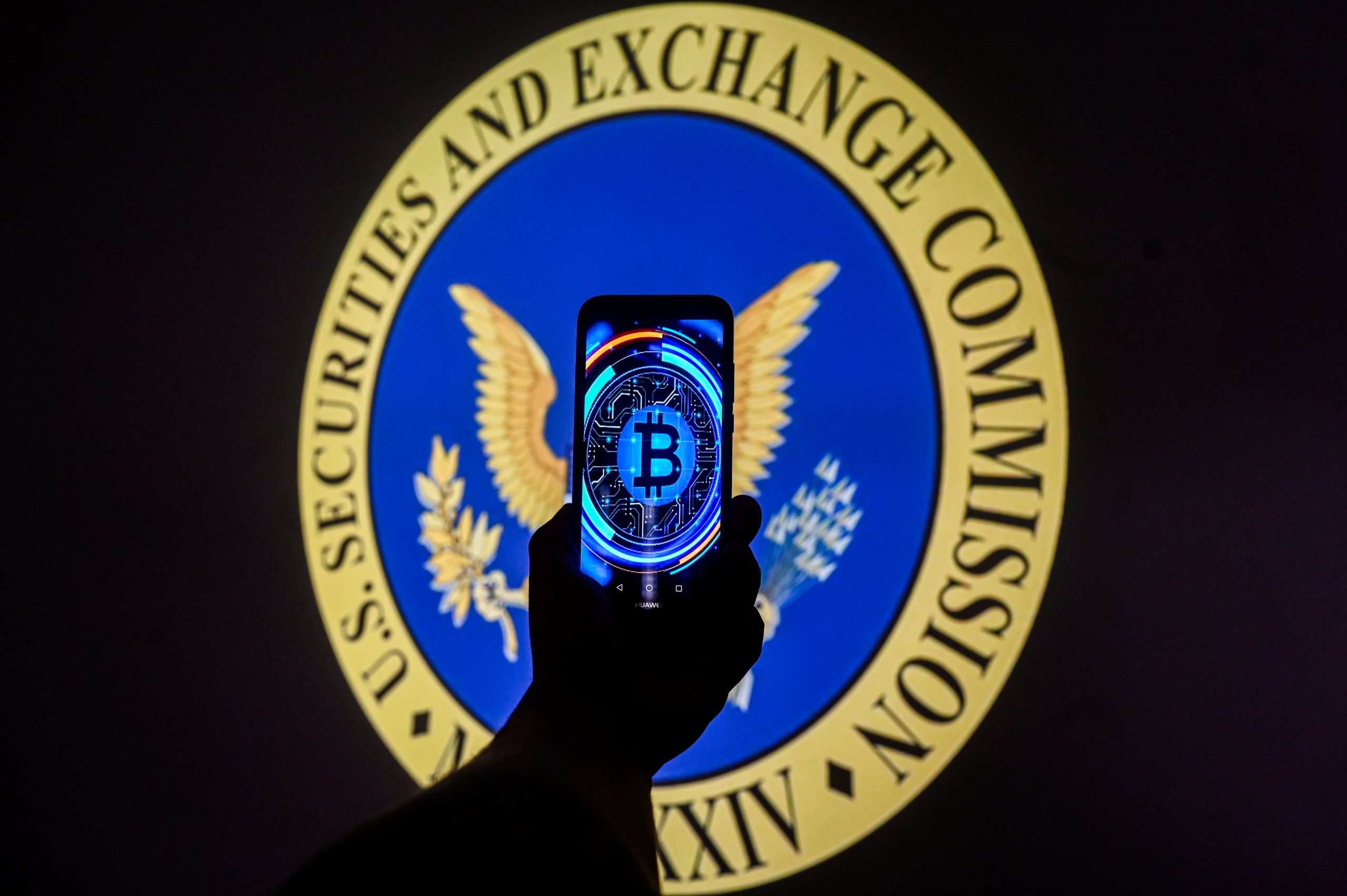In a significant cybersecurity case, 25-year-old Eric Council Jr. from Athens, Alabama, has pleaded guilty to charges related to a SIM-swapping attack that compromised the U.S. Securities and Exchange Commission’s (SEC) account on X (formerly Twitter) in January 2024. This breach led to the dissemination of false information, causing notable fluctuations in Bitcoin’s market value.
The Attack Details
Council, accompanied by unknown complicit perpetrators, carried out the SIM-swapping attack that gave it dominance over the X account of the SEC. SIM-swapping refers to taking over a target’s phone number through cellular service providers and transferring the said number to the attacker’s SIM card. Doing so allows the attacker to access accounts protected through a user’s phone number.
Market Effects
Within days, the scam post affected the cryptocurrency market drastically. The bitcoin price jumped nearly $1,000 after that post. Unfortunately, the upward momentum was just short-lived: when SEC Chairman Gary Gensler explained in public that someone had hacked that account and these statements were false, then Bitcoin’s value dropped by a further $2,000.
Legal Proceedings and Consequences
Council was arrested in October 2024 and entered a not-guilty plea. He has since pled guilty to conspiracy to commit identity theft and access device fraud. He is scheduled for sentencing on May 16, 2025, with a possible term of imprisonment of up to five years, a fine of $250,000, and three years of supervised release. According to reports, Council received at least $50,000 in Bitcoin for his participation in the scam.
Broader Implications
This case highlights the dangers of SIM-swapping attacks that have become commonplace. SIM-swapping attacks can compromise personal security but can have far-reaching consequences, as has been demonstrated by the case under discussion. There is a rise in SIM-swapping attacks for which the FBI has already sounded a warning; therefore, this calls for much more security measures and awareness about the issue.
Prevention
To reduce the potential of SIM-swapping attacks, individuals and organizations are recommended to:
- Use Strong Authentication: Require multi-factor authentication (MFA) that isn’t SMS-dependent.
- Monitor Account Activity: Log in to regularly check account activities for unauthorized actions and set alerts for suspicious actions.
- Engage with Service Providers: Request other security measures, such as requiring a PIN or password for SIM swaps, from mobile carriers to prevent unauthorized swapping.
- Stay Informed: Be up to date with the latest cyber threats and update security measures.
This case is a grim reminder of how cybercriminals have changed their tactics and the need for tight security measures to safeguard sensitive information and ensure public trust.




